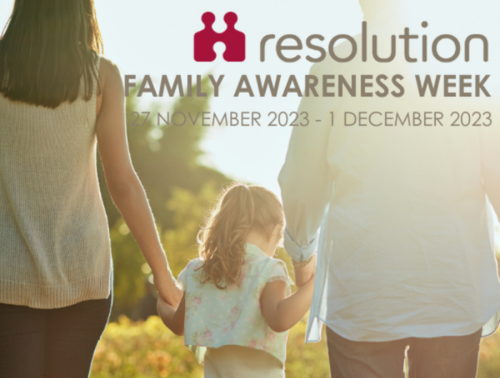
÷Modern relationships and families are built around all manner of different beliefs and views and as such, traditional approaches to tying the knot are not as common as they once were.
Whilst many couples still choose to sign the papers and get married or enter into a Civil Partnership, others look towards religious and spiritual ceremonies or decide not to formalise their relationship altogether. This is a completely acceptable and ordinary way of life in modern society, but it is important to understand the legal repercussions of not formalising your commitment.
What is the Law for ‘unmarried’ couples?
Whilst you may view your other half as a spouse, sometimes sadly the law does not. In England and Wales there is no such thing as ‘common law marriage’. If you are not legally married, you cannot access some of the benefits that those who have formally tied the knot, can. These include:-
- Property rights – married couples may have a claim over property not in their name and will have rights of occupation that can be registered. For unmarried couples property becomes more challenging as it is governed by Property Law, rather than the Family Courts. If the property is not in joint names, there is no immediate right to a share of the property nor can rights of occupation be attached to a property.
- Tax relief in life – married couples enjoy the freedom of moving savings and investments between themselves without any capital gains tax. In addition, spouses can share their annual allowances when selling things such as shares.
- Tax relief in death – when a spouse dies, the other does not pay any inheritance tax. In addition to this, any unused Inheritance Tax allowance can be transferred to the surviving spouse to be used on their death up to the sum of £325,000.
- Pensions – if one spouse dies and the other has not reached their full basic state pension entitlement, then the surviving spouse may be able to access this.
- Intestacy Rules – if one person in the married couple dies without a Will, then the other is afforded some protection under the Intestacy Rules.
What options are available to protect you?
Cohabitation Agreements
A solicitor can draw up this document to set out how you each own your property and assets and how this should be divided if the relationship ever breaks down. It is a legal document that should be adhered to.
Whilst you may not like to think that things would ever turn sour in a relationship breakdown, having a document that sets out the split of assets and childcare can help avoid conflict in the future when the relationship is not so happy.
Declaration of Trust
When purchasing a property, it is often the case that one party puts in more money than the other. If there are no plans to marry it is best to record the contributions and intentions for these in a legal document. This means that if the couple separate, there is a document that reflects their intentions that should avoid any dispute.
Making a Will
Making a Will ensures that the person you wish to receive your Estate, or part of it, does actually benefit.
Nominating Pensions and Life Assurance policies
Ensuring that any private or workplace pensions and policies are nominated to your partner can mean that upon death or retirement, there is financial support there for them, whether you are officially married or not.
Getting married
Although it is not for everybody, getting married or registering a civil partnership can provide some legal and financial benefits. As such, it is something to be considered when looking to the future and making commitments.
We’re here to for you. If you would like any help or advice on the law surrounding your relationship, please get in touch with our experienced family lawyers.